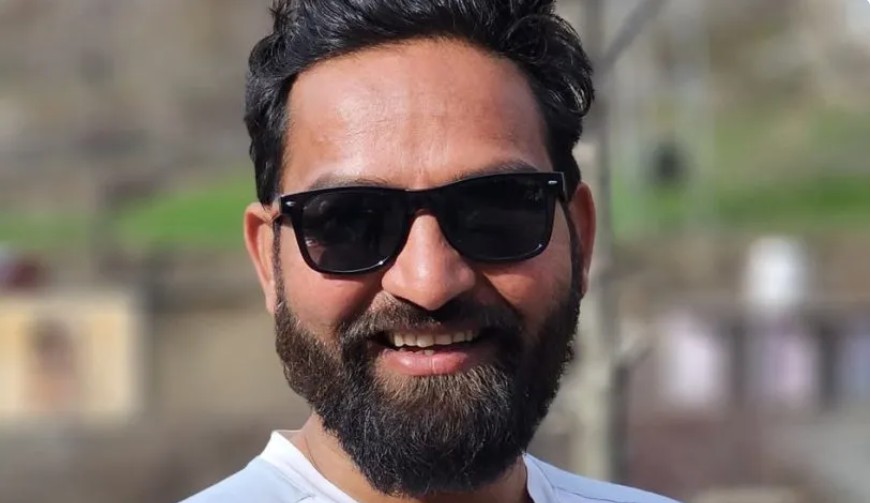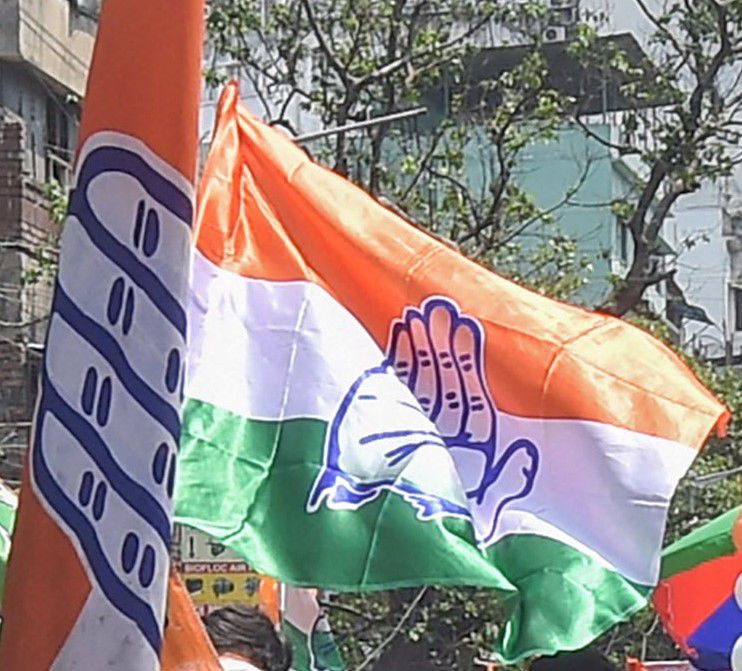AAP Accuses Administrative Overreach, Says PSA Used to Muzzle Elected Voice in Doda
By: Javid Amin | 13 September 2025
The Shock Detention
In a move that has shaken Jammu & Kashmir’s political landscape, Mehraj Malik, the lone Aam Aadmi Party (AAP) legislator from Doda constituency, has been detained under the Public Safety Act (PSA)—a law that allows imprisonment without trial for up to two years.
Authorities allege Malik was disturbing public order, citing his social media criticism of administrative decisions. But for his supporters and party colleagues, this is nothing short of political vendetta.
Why Was Malik Targeted?
Malik had recently opposed the relocation of a health centre in Doda, arguing it would deprive locals of essential medical facilities. Frustrated with the District Magistrate’s alleged inaction, Malik took to social media to amplify public concerns. Instead of dialogue or legislative debate, the administration slapped PSA charges—traditionally used against criminals and security threats—on a sitting MLA.
This unprecedented step has sparked outrage. Malik is now the first elected representative in J&K to be booked under the PSA, a fact many see as a dangerous precedent.
AAP’s Fierce Response
AAP leaders wasted no time in hitting back.
-
Mudasir Hassan, AAP spokesperson, declared:
“This is not just administrative overreach—it’s political suppression. The BJP is using the DM’s shoulder to target Mehraj Malik. AAP is under attack not only in J&K but across the country.” -
Sanjay Singh, AAP MP, called the detention “illegal and unconstitutional,” comparing it to the arrests of Arvind Kejriwal, Manish Sisodia, and Satyendar Jain, whom he said were also targeted by the BJP.
AAP has vowed to challenge the detention both in court and on the streets, portraying Malik’s arrest as part of a nationwide campaign against opposition voices.
Protests and Public Unrest in Doda
The detention immediately triggered protests in Doda and surrounding areas:
-
Shops and businesses shut in solidarity.
-
Demonstrations erupted in Bhaderwah, Gandoh, and Thathri.
-
Over 80 people, including women, were detained during subsequent protests.
Despite heavy security deployment and communication restrictions, anger simmers. Supporters call the move “undemocratic” and “vindictive”, demanding Malik’s release.
Opposition Leaders Rally Behind Malik
Malik’s arrest has drawn rare unity among rival parties.
-
Omar Abdullah (National Conference) said preventive detention of elected leaders weakens democracy.
-
Farooq Abdullah called it an “unprecedented assault on representative politics.”
-
Mehbooba Mufti (PDP) warned the move could spark “widespread unrest and alienation.”
This convergence highlights the seriousness of the issue. Even leaders who compete with AAP locally have condemned the act as an erosion of constitutional safeguards.
The PSA Dossier: A Question of Legitimacy
Reports suggest the 300-page PSA dossier against Malik was prepared in less than 24 hours.
-
The document allegedly cites Facebook Live sessions and Malik’s two lakh social media followers as “evidence” of his potential to disturb order.
-
Legal experts argue such grounds do not justify preventive detention under a law designed for hardened criminals and insurgents.
As one senior Srinagar-based advocate noted:
“When dissent is treated as disorder, democracy begins to erode.”
Broader Implications: Democracy Under Strain
The controversy goes beyond Malik’s personal fate. It raises fundamental questions about:
-
Preventive detention laws being weaponized against opposition leaders.
-
The shrinking space for legislative debate and dissent in Jammu & Kashmir.
-
The precedent it sets for other states if such measures become normalized.
Human rights groups warn that using the PSA in this manner undermines public trust in governance and delegitimizes elected institutions.
AAP’s Next Moves
AAP’s legal team is preparing to challenge Malik’s detention in the J&K High Court, arguing it violates:
-
Article 19 (freedom of speech).
-
Article 21 (right to life and liberty).
-
Legislative privilege of elected representatives.
Meanwhile, AAP has announced plans for:
-
Nationwide protests to highlight the issue.
-
Raising the matter in Parliament, framing it as a constitutional crisis.
What This Means for J&K Politics
The detention has turned into a litmus test for democracy in J&K.
-
If Malik’s detention is upheld, it will embolden authorities to use the PSA against other critics.
-
If overturned, it could strengthen opposition narratives about BJP’s overreach in Kashmir.
-
Politically, it positions AAP as a new voice of resistance in the region, challenging both the Centre and local rivals.
Zubaan Ki Saza
زبان کی سزا پوچھا تھا سوال، ملی سزا کہا تھا سچ، لگ گئی قید
یہ کیسا انصاف ہے جہاں آواز جرم بن جائے؟
Bottom-Line: Beyond One MLA
Mehraj Malik’s detention is no longer just about a health centre dispute in Doda. It has become:
-
A symbol of political suppression.
-
A flashpoint in the debate over democracy in J&K.
-
A rallying cause for opposition parties nationally.
As protests continue and legal battles loom, the case of Mehraj Malik will likely shape not just the future of AAP in Jammu & Kashmir, but also the credibility of India’s democratic institutions in one of its most sensitive regions.



